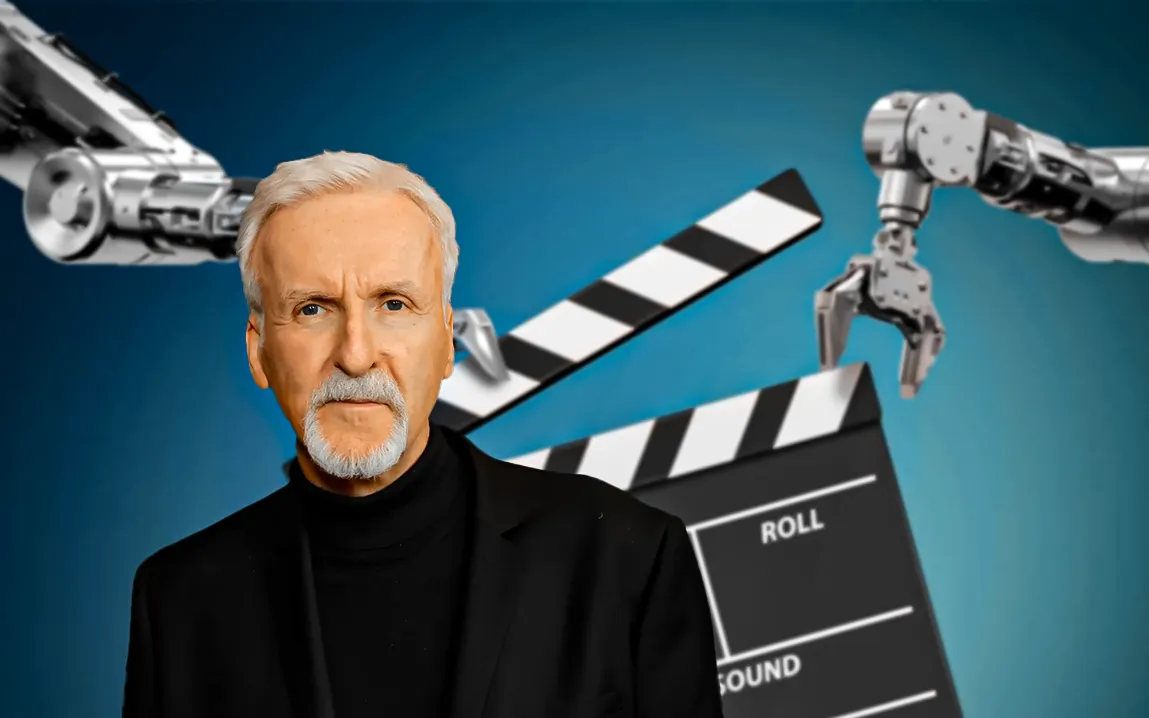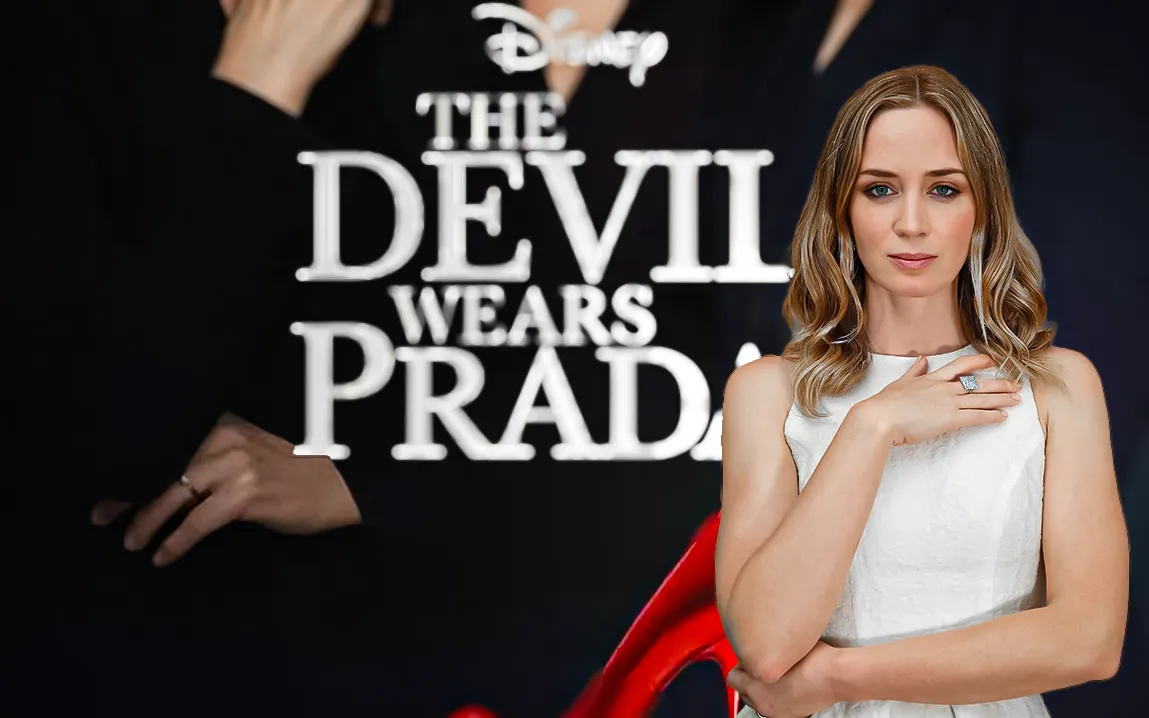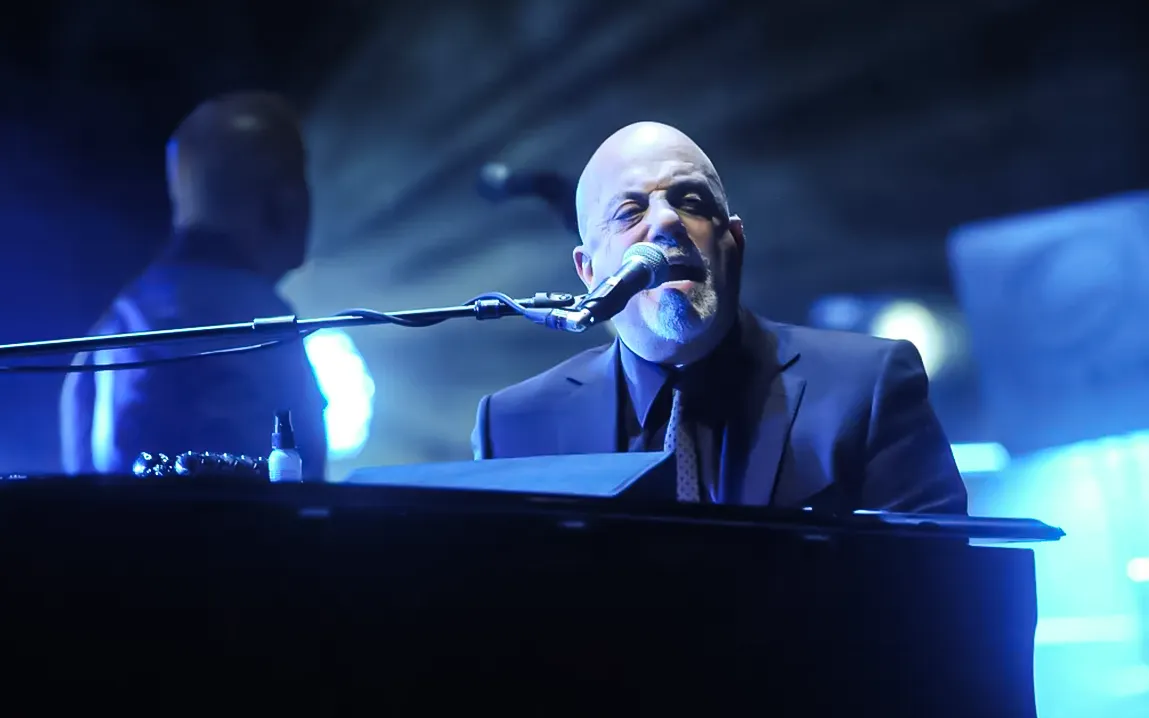James Cameron, the Oscar-winning director behind Avatar and Titanic, is shifting his stance on artificial intelligence. After long warning about its dangers, he now says AI could help lower the cost of making blockbuster films and do it without firing anyone.
Cameron recently joined the Board of Directors at Stability AI, a company focused on transforming visual media through artificial intelligence. Speaking on the Boz to the Future podcast, he explained his new perspective.
“The goal was to understand the space… What are they targeting? What’s their development cycle?” he said. “My goal was to try to integrate [AI] into a VFX workflow.”
Why James Cameron Changed His Mind About AI?
Just last year, Cameron was sounding the alarm on AI. He cited The Terminator (his 1984 sci-fi hit about an AI-driven apocalypse) and warned of the dangers of weaponizing artificial intelligence. At the time, he was highly skeptical that AI could ever produce great art.
“Let’s wait 20 years, and if an AI wins an Oscar for Best Screenplay, I think we’ve got to take them seriously,” he said in 2023.
But now, Cameron says that if audiences want to keep seeing massive, effects-heavy movies like Dune or his own work, something needs to change, and fast.
AI’s Role in the Future of Blockbusters
Cameron argues that AI can be used to speed up production timelines, not replace human workers.
“It’s not about laying off half the staff at the effects company,” he said. “It’s about doubling their speed to completion on a given shot, so your cadence is faster and your throughput cycle is faster. Artists get to move on and do other cool things.”
In short, he sees AI as a tool to boost productivity, not eliminate jobs. Instead of spending months on one visual effects shot, artists could move more quickly and bring their ideas to life more efficiently.
Working With Stability AI
Stability AI’s CEO Prem Akkaraju announced Cameron’s appointment to the board in September, calling it a step toward helping creators “bring their ideas to life” with a full-stack AI production pipeline.
Cameron’s involvement suggests that even industry veterans who once distrusted AI are now looking for ways to responsibly integrate it into filmmaking, especially as budgets continue to soar.
Still Skeptical About AI Writing Scripts
Even as Cameron embraces AI for visuals, he’s still not convinced it can handle storytelling.
“I just don’t personally believe that a disembodied mind that’s just regurgitating… can move an audience,” he said. “It’s a word salad.”
But for now, he’s willing to use AI in post-production and effects work, especially if it means saving time and money without sacrificing jobs or creativity.



